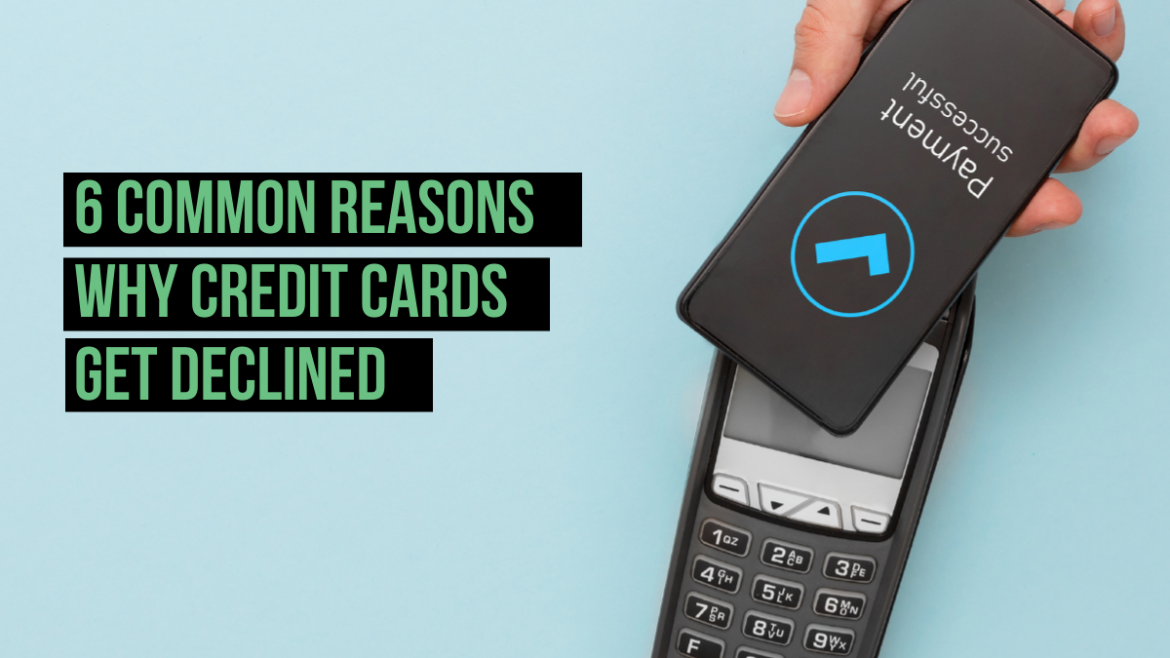Getting a credit card declined can be embarrassing, but it’s not always a cause for concern. Apart from serious issues such as suspected fraud, most credit cards get declined due to a simple and easily avoidable human error. Here are the six most common reasons why a credit card can get declined and how to prevent them.
1. Insufficient Funds
The most common reason for declining a credit card involves reaching the card’s credit limit. If that happens, the issuing bank will not allow the cardholder to borrow more money until they make a payment. Maxing out a credit card is also bad news for the cardholder’s credit score. As a rule of thumb, it’s recommended not to exceed 30% of available credit on each card.
2. Expired Credit Card
Using an expired card to make a purchase will get it declined immediately. A credit card’s expiration date will often be on the front or back of the card itself. Once a card approaches its expiration date, the issuing bank will usually remind the cardholder about it. Most banks will also send the cardholder a new credit card before the old one expires.
3. Missed Payments
When a cardholder misses a payment, they can contact the issuer and settle the missed payment in short order. If the cardholder has a history of missed payments, though, they may see their card declined even if they’re just a few days past the due date. Potential solutions to this issue include using autopay or setting up notifications for due payments.
4. Typos
When purchasing something online, a cardholder often needs to provide a multi-digit account number, CVV number, card expiration date, billing address, and shipping address. This is a lot of information to keep track of, and even a single typo can cause the card to get declined. To avoid this issue, it’s important to enter all information carefully before clicking on “buy.”
5. Suspicious Purchases
Credit card companies have become very good at recognizing fraudulent activity, and are often able to identify them before the cardholder. In some cases, however, the card issuer’s fraud triggers will get tripped by legitimate activities as well. The best way to resolve these misunderstandings is to call the issuer and verify that there’s been no wrongdoing.
6. Traveling
If a cardholder uses his or her credit card to make a purchase while traveling, there’s a chance that the transaction will get declined. Logging credit card activity in a different city (or country) is another red flag to card issuers that the card may have been stolen. To avoid losing access to funds while traveling, it’s best to notify the bank of any travel plans in advance.

